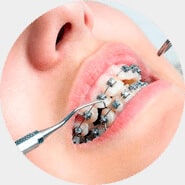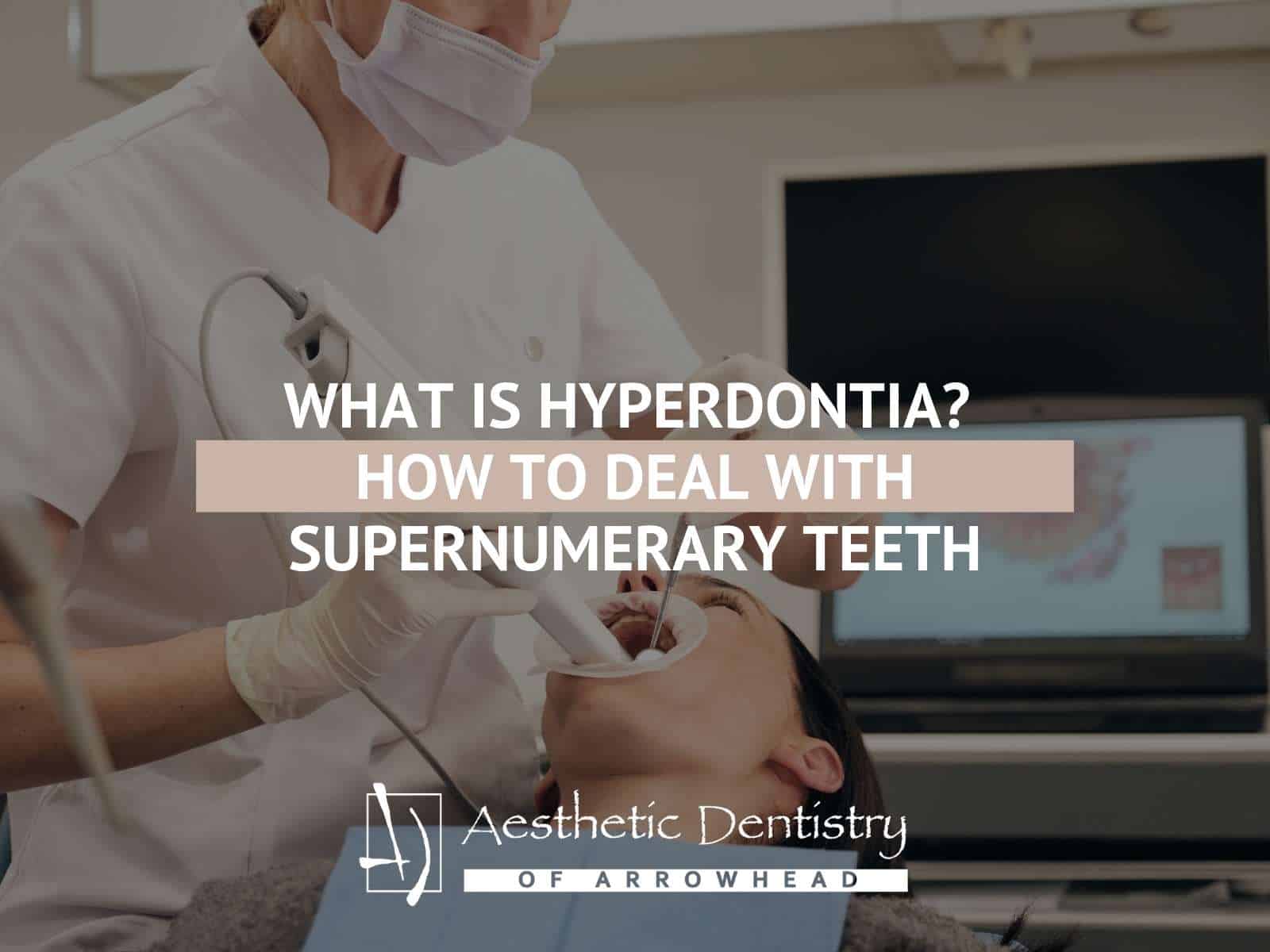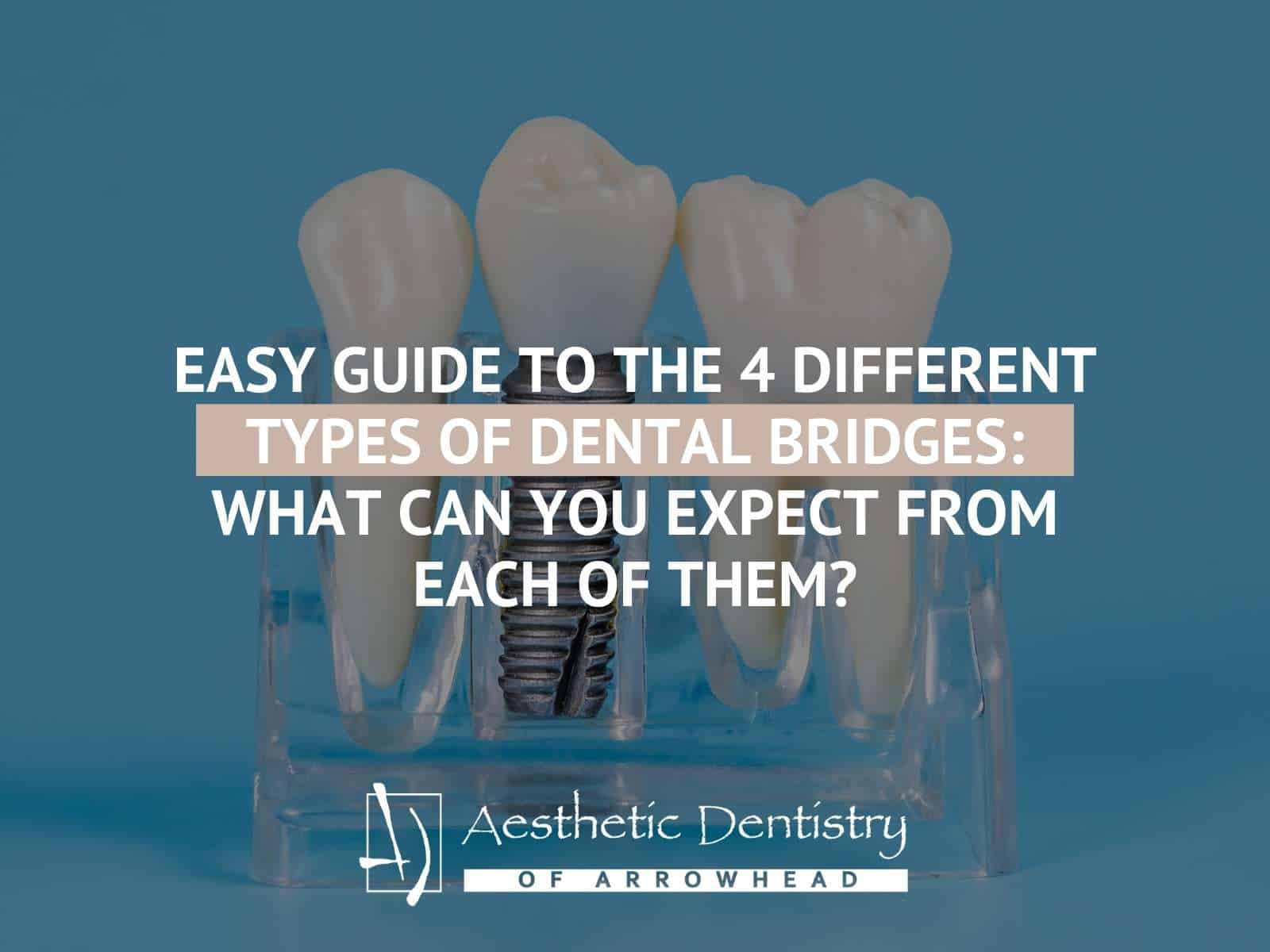Braces, Veneers, Implants, Cleanings, Whitening, Dentures, & More
Dr. Greg Ceyhan, DDS and the team at Aesthetic Dentistry of Arrowhead are one of the best options for dental work in the Glendale Arrowhead area. Whether looking for dental implants, getting a cavity filled, Invisalign braces fitted or any other dental procedure, Dr Ceyhan is one of the most experienced cosmetic dentists in Arizona, and has done 100’s of cosmetic procedures for his patients, and is a dentist serving the 85308, 85381, 85306 zip codes and surrounding areas.
We also serve the nearby communities, including North Phoenix And Peoria AZ. If you are in need of a dentist, there is no better choice than Dr. Greg Ceyhan, a top rated Glendale dentist. Making an appointment with our dental office may be the best move you ever make – after all, good health for teeth promotes good health in general, and that makes for a happier life!

Affordable, Top Rated Glendale Dentist Near Me
Dr. Greg Ceyhan opened his dental practice in the Arrowhead area of Glendale AZ, in 2007. Dr Ceyhan is one of the foremost doctors in the field of cosmetic dentistry, and his Glendale AZ dentist office has garnered a great reputation as a destination for competent and skilled general dentistry as well.
Conveniently located, Aesthetic Dentistry of Arrowhead is located right off the 101 free way and 67th ave, as well as being close to the 101 and Bell rd exit. We currently serve many patients looking for a skilled Peoria Dentist, Arrowhead Dentists or a top rated Glendale Dental Office.
The majority of his time is spent educating his patients on the benefits of comprehensive family dental care, Implant Dentistry and cosmetic Dentistry. He is a member or former member of the Arizona Dental Association and American Dental Association, as well as numerous other dental societies and clubs.
Best Dentist Near Me
Conveniently located, our office is near patients in Glendale, Peoria, North Phoenix and Arrowhead areas.
Local Arrowhead Dentist Office
Our dental office is located in Arrowhead. Its important finding a dentist close by, for easy transport after dental work.
Family & Pediatric Dentistry
Helping patients, from childhood through adulthood, with veneers, implants, extractions and other procedures.






















